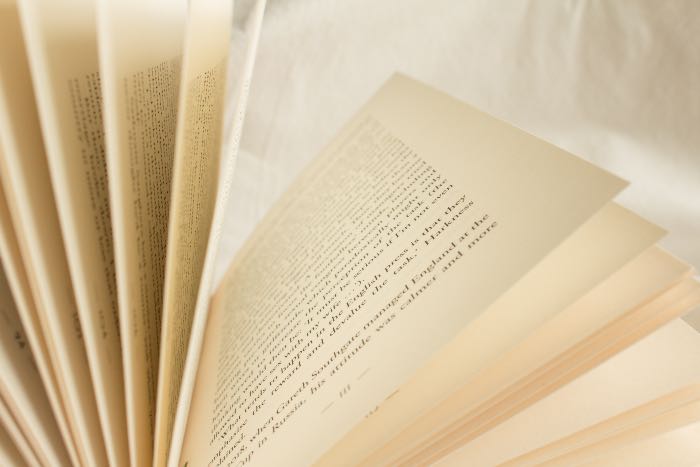And what I learned about reading this year.

I entered the year frustrated. And more than a little burned out.
Some of us needed a break before the pandemic. Then we kicked the emotional labor into overdrive. Then the FOMO. And the loss and disappointment. And even as things cleared and most of developed a more consistent routine, there remained our lives as forever changed.
While my personal struggles with reading during the pandemic were heightened during it’s height, they didn’t suddenly disappear.
Distraction is a permanent feature of modern American society. And its correction isn’t personal willpower. Not for massive majority of people.
This was the existential struggle I entered the year facing. A desire to work through it personally and find a response corporately that I could encourage for others.
And one of the first books I read in the year was exactly what I wanted. Stolen Focus: Why You Can’t Pay Attention- and How to Think Deeply Again by Johann Hari was perfect. It addressed all of the reasons for our distraction, why it isn’t just you, and what we all can do to fix it.
It is a brilliant book, well researched, and deeply persuasive. Even to the point that it quickly becomes self-aware of the political character of its material. And this discomfort we might feel in wrestling with it that way is itself part of the challenge. I loved this book and recommended it to everyone.
And it is the runner-up to my favorite book.
My Favorite book of 2023:
Saving Time — Jenny Odell
I read a bunch of books about us and what we’re going through. Hari’s Stolen Focus being the most valuable and useful among them. And Honorable Mention goes to Oliver Burkeman’s Four Thousand Weeks: Time Management for Mortals, which was also clearly the most successful of them all.
But Jenny Odell’s brilliant Saving Time: Discovering a Life Beyond the Clock changed the internal conversation entirely.
For Odell, our problem doesn’t begin with our moment. It begins with our long history of a dysfunctional relationship with time itself. The way we think about it and the words we use to describe it. Leading to the way some people use it to exploit the many.
Saving Time is a masterful study of our relationship to the very idea of time. And how our response to the postmodern world needs to be deeper and more intentionally developed than life hacks and productivity tricks we use to banish the sense of existential dread.
How it reads
Odell’s style is a bit stiff. Like a trained academic who wants to explore the beauty of creation. Which isn’t just metaphor. Odell loves the outdoors, particularly birds. And she shares her own need to be out in nature as a way to see how real the world and existence is and how artificial our conceptions of time are.
There can be an alien/other quality to analyzing reality. Especially when writing a book with such care toward the scientific research. It is like talking about a Bible passage with people who have studied it. How much you lean, not just toward accuracy, but safety. The safety of quoting and bothsidesing and maintaining the complexity etc.
This leaning toward safety in style turns some readers off. And it makes the book longer than it needs to be.
But even this shows the problem Odell is exploring. Even her exploration of the problem yields a distorting response from readers who seek time to move faster or that quoting too many experts is problematic (actual criticisms in GoodReads).
How it changed me
The purpose of Saving Time is found in the title’s double entendre. That we think of time only in economic terms, and therefore, it is something to save or spend rather than something that needs to be saved from exploitation. Discovering the latter is life-altering.
It has changed the way I see myself in my own life. How I choose to live and what I choose to do.
And to see this, I needed to read a book, not a listicle. No bullet points or TL;DRs. Because I needed to square off with myself. And then, with the world.
In the end, this is what I found. Life as something I am in relationship with.
And books aren’t things to be conquered or accomplished. The time we “spend” reading isn’t lost to us. It is part of us and our engagement with the cosmos.
As I neared the end of the book, I found the strange realization that I had forgotten so much already. That the book itself was sliding between my fingers. Not because it isn’t memorable, but because our constructs of what is valuable are so shallow. The deep engagement with creation is too deep for note-taking and summaries.
I resolved in that moment that it is a book to be read again. Not to steal its contents like Solomon collecting the world’s proverbs (as the stand-in for true wisdom). But as a reflection of the human need to re-member. To again hear about the beauty of creation. About our struggle with our very nature.
To read it again as a liturgical practice. Rereading to save more than time. Saving life itself.
I talked a little bit about this on my podcast. Check that out. And I’ve written about it, too.
